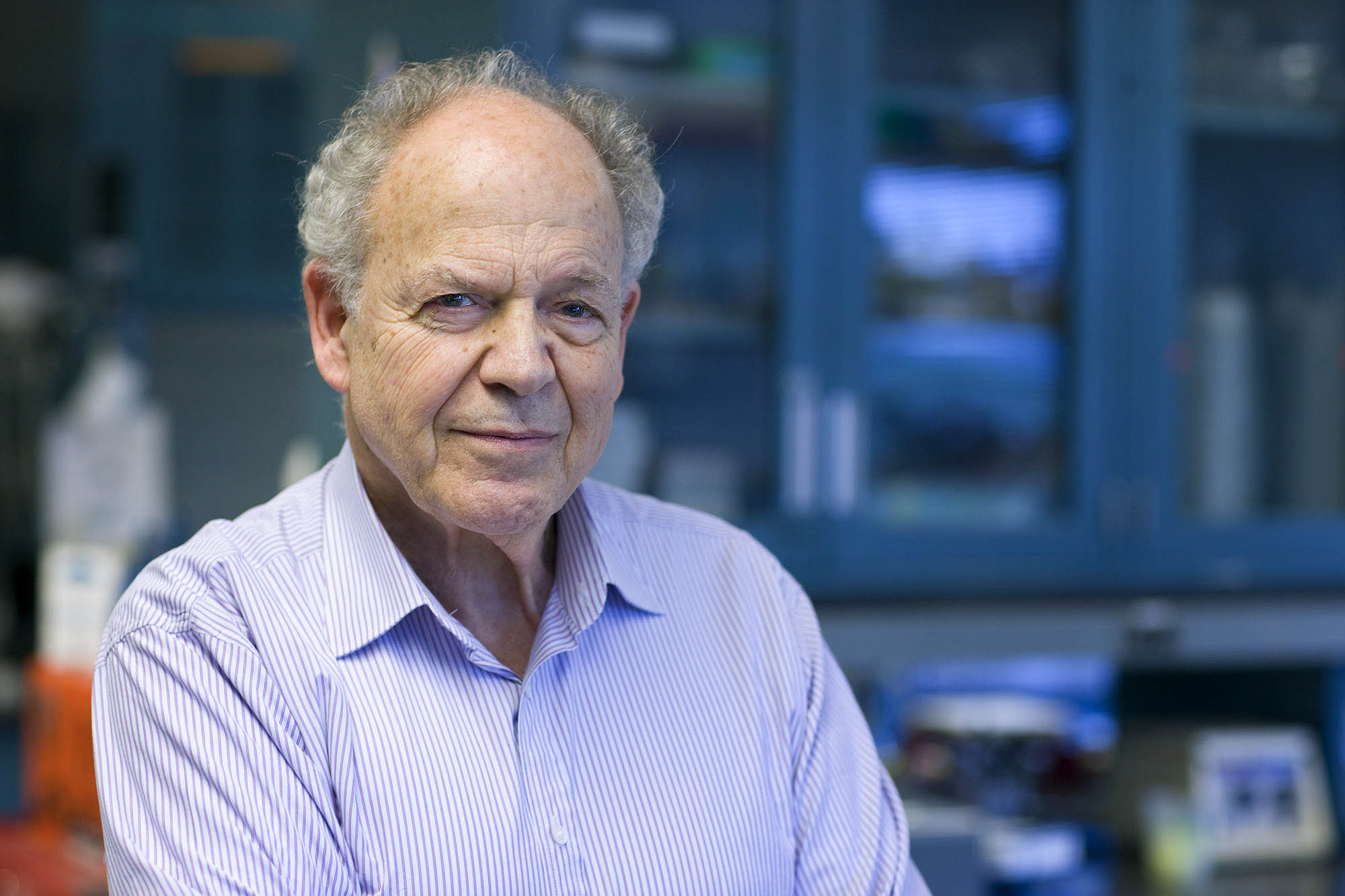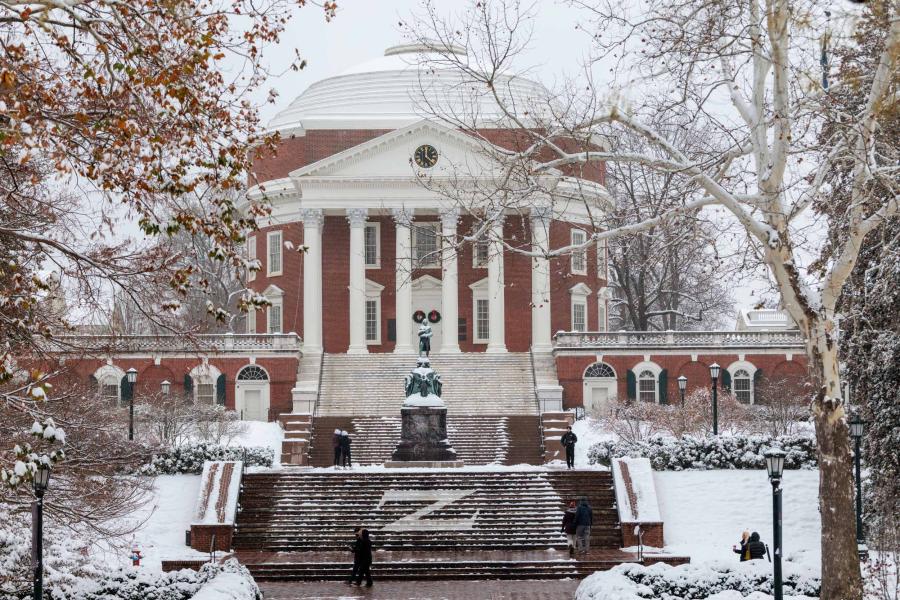Born on May 19, 1934 in Vienna, Austria, Menaker received his B.A. in biology from Swarthmore College in 1955. He married his Swarthmore sweetheart, the late Shirley Lasch Menaker, that same year. He went on to Princeton University for graduate school and received his Ph.D. in 1960 before serving as a postdoctoral fellow with Donald Griffin at Harvard University from 1959 to 1962. Menaker began his academic career as an assistant professor in the Department of Zoology at the University of Texas, Austin and rose through the ranks to professor. In 1979, Mike was recruited to the University of Oregon, where he served as director of the Institute of Neuroscience. After joining UVA, he served as Commonwealth Professor of Biology until his retirement last year.
The notable awards and recognitions earned by Menaker included election to the American Academy of Arts & Sciences; a Lifetime Achievement Award from the American Society of Photobiology; a Virginia’s Outstanding Scientists: Lifetime Achievement Award; and the Peter C. Farrell Prize in Sleep Medicine from the Harvard Medical School Division of Sleep Medicine.
Professor Ignacio Provencio, who was a graduate student in the Department of Biology during Menaker’s tenure as department chair, returned to join UVA’s faculty in 2005, drawn in part by the prospect of working closely with Menaker, Block, Carla Green and Jay Hirsh.
“As my friendship with Mike grew, I never forgot what a giant he was in the field,” Provencio said. “I never took for granted the times Mike would enter my office just to shoot the breeze, knowing it was an opportunity others would love to have.”
Provencio said he and his colleagues remember fondly the warmth that Menaker and his late wife Shirley showed in opening their home to everyone.
“Parties at the Menakers’ were always events not to be missed. As Mike would mingle, I would notice that he would spend as much time speaking with a first-year undergrad as he would with a scientific colleague,” Provencio said.
Another of Menaker’s accomplished students, Joe Takahashi, wrote a tribute to him for the Society for Research on Biological Rhythms.
“Mike was an exceptional individual who had an unusual talent for innovative discovery and insight in biology. During his career, he was able to stimulate and foster the research careers of a substantial number of individuals who have gone on to contribute significantly to the fields of neuroscience and biology. … He was charismatic and a delight to be around. He was very open and readily shared both his intellectual and political experience and opinions with his students and peers. All of these qualities contributed greatly to this success,” wrote Takahashi, the Loyd B. Sands Distinguished Chair in Neuroscience at the University of Texas Southwestern Medical Center. “But perhaps his most important talent was his belief in his own judgment and his ‘nose’ for interesting biological questions. He was a rare and precious leader and pioneer. Mike will truly be missed by all his friends, colleagues and family.”
Menaker is survived by his daughter, Ellen Briones; his son, Nicholas Menaker; and three grandchildren.








